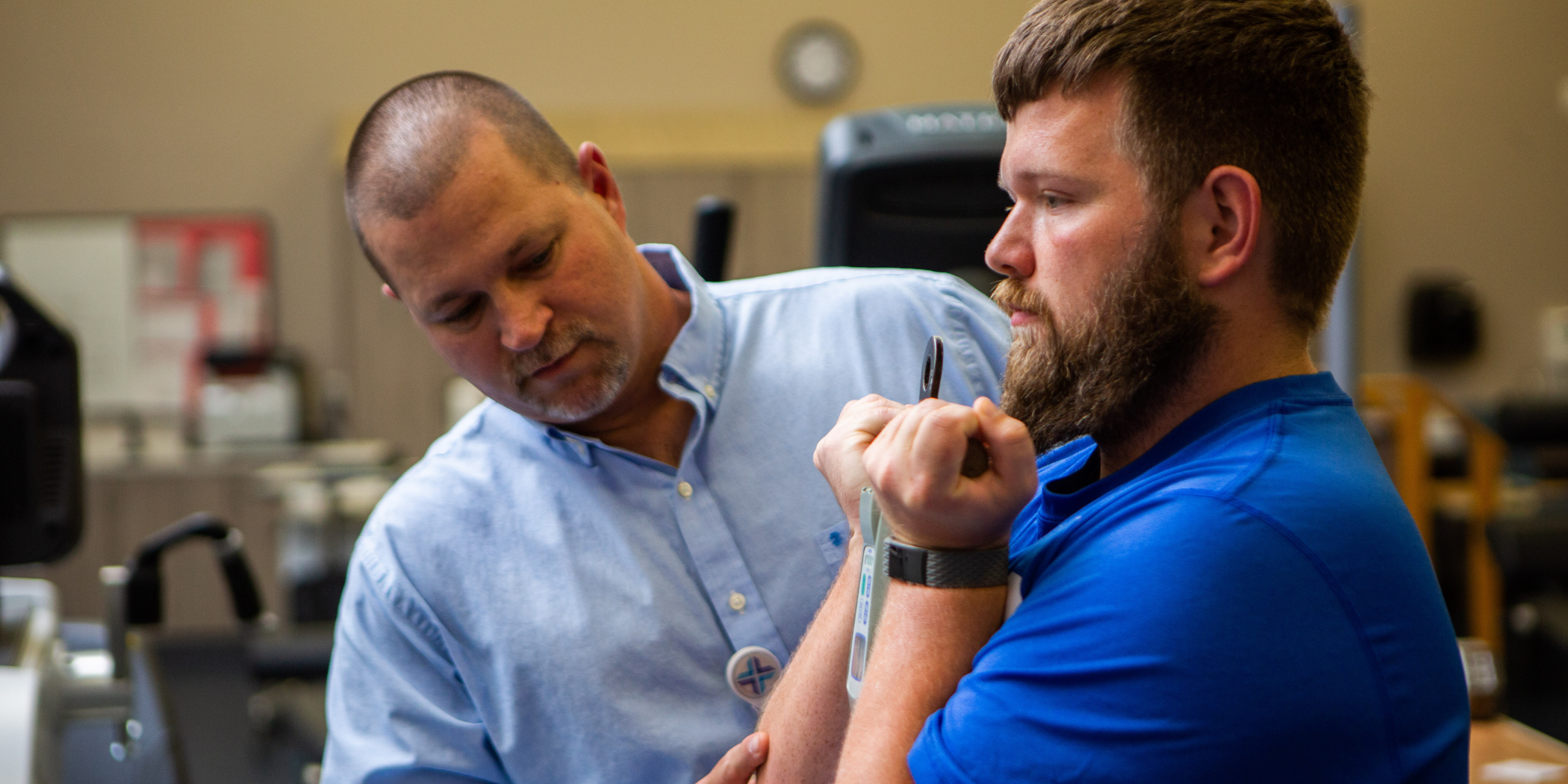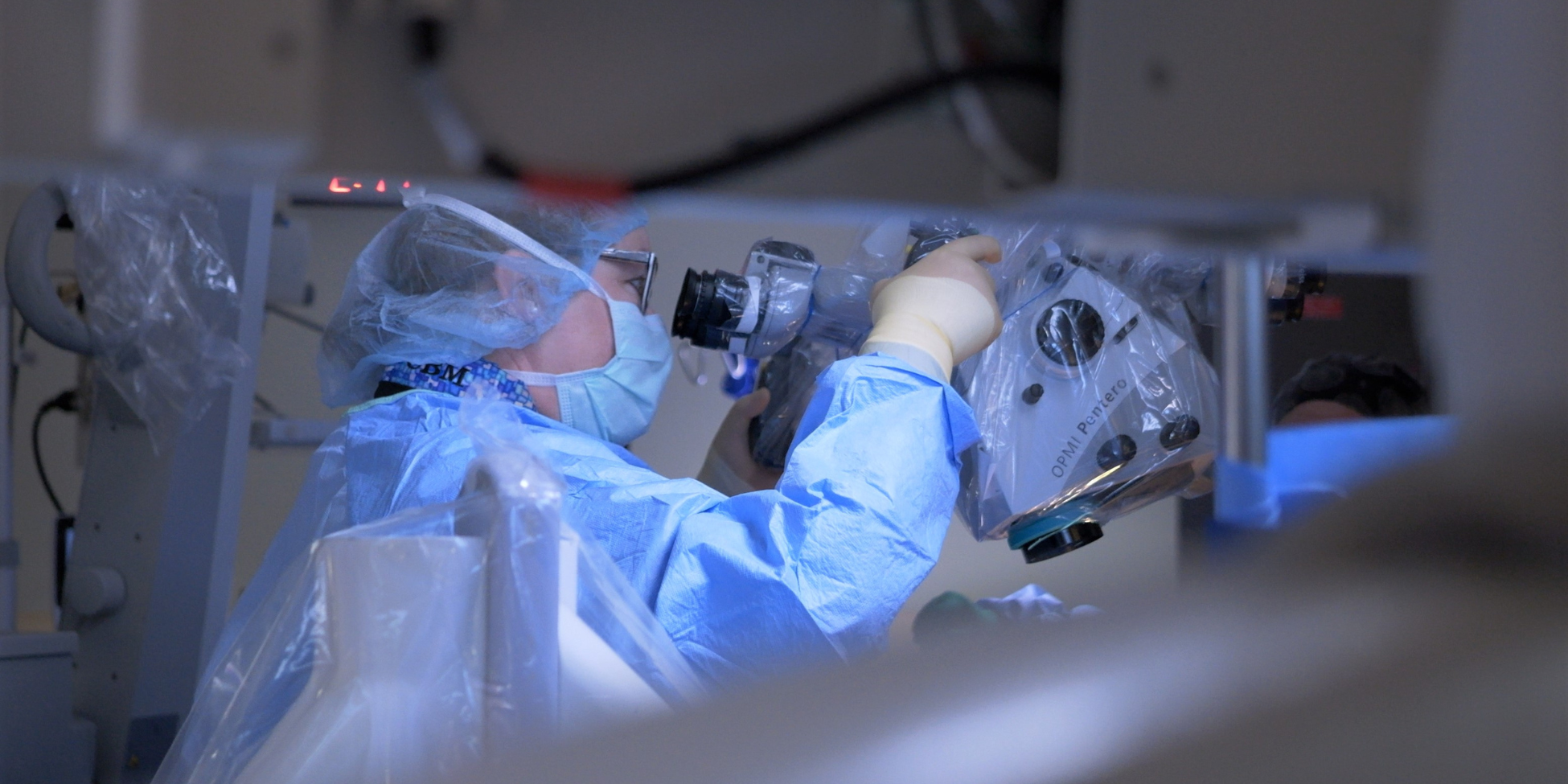
You make me sick!
What you don't know about your food CAN hurt you. Have you ever had a bad reaction to a specific food or wondered if you might be allergic? Food allergies are less common than most people think, affecting only about 4 percent of adults, but can be very serious if not diagnosed or treated properly.
A food allergy is an abnormal reaction by the immune system to specific proteins in certain foods. Some people with food allergies may simply have reactions that are uncomfortable, while others may have life-threatening reactions triggered by even the smallest amount of a given food.
The public perception of food allergies being so prevalent – one out of three people think that they have one – is due to a much more common reaction to food known as a food intolerance. A food intolerance may cause similar reactions as a food allergy, but is much less serious. It occurs when you do not have enough of an enzyme needed to fully digest a particular food (as with lactose intolerance) or are sensitive to food additives (such as a gluten intolerance). If you think you or someone you love may have an actual food allergy, it is important to discuss this concern with your doctor to create a health and wellness plan that works for you.
Symptoms
Symptoms of food allergies generally occur within a few minutes to two hours after eating the problem food.
Most food allergies are triggered by:
- Peanuts
- Tree nuts (such as walnuts and pecans)
- Soy
- Shellfish
- Fish
- Milk
- Eggs
- Wheat
Common symptoms include:
- Itching or tingling in the mouth
- Difficulty breathing or swallowing
- Hives
- Eczema
- Swelling of the lips, tongue, throat or face
- Diarrhea or vomiting
- Dizziness or fainting
For some people, food allergies can cause a very severe reaction: anaphylaxis. Anaphylaxis can be fatal, as it causes constriction of the airways, swelling of the throat, difficulty breathing, shock, a severe drop in blood pressure, rapid pulse, dizziness and loss of consciousness. If you or someone you know enters a state of anaphylaxis, call 911 immediately; without emergency treatment, the person may suffer a coma or death.
Risk Factors
- Many people who suffer certain allergies, such as hay fever, may also suffer allergies to certain foods. This is known as cross-reactivity.
- For example, people who are allergic to birch pollen may also have allergic reactions to apples, carrots, peaches, and pears, because they contain similar pollens. Often, cooking these foods will eliminate any reactions.
- You may also be at an increased risk for food allergies if you have a family history of asthma, eczema, hives, or other allergies.
- Additionally, asthma and food allergies commonly present together, and when they do, the symptoms for both are likely to be more severe.
Diagnosis and Treatment
If you believe you may have a food allergy, your doctor is likely to ask you to give a very complete description of which foods and in what quantities seem to cause symptoms. He or she will complete an examination and review your family history.
You may be asked to:
- Keep a food diary of your eating habits and symptoms.
- Do an elimination diet, where you eliminate all suspected foods from your diet and then slowly reintroduce them one at a time, to help determine whether you actually have a food allergy.
In addition to these tests, your doctor may order:
- A skin test, where a small amount of the food is injected into the skin surface to test for a reaction.
- An oral food test, where you will be asked to ingest increasing portions of suspected foods.
If your doctor determines that you indeed have a food allergy, you will need to take steps to completely eliminate the problem foods from your diet. This involves carefully review of food labels to make sure that you are not allergic to any of the ingredients and steering clear of any risky foods while eating out.
Remember to contact your doctor if you experience symptoms of a food allergy soon after eating, and always seek emergency treatment if you think you are experiencing symptoms of anaphylaxis.












